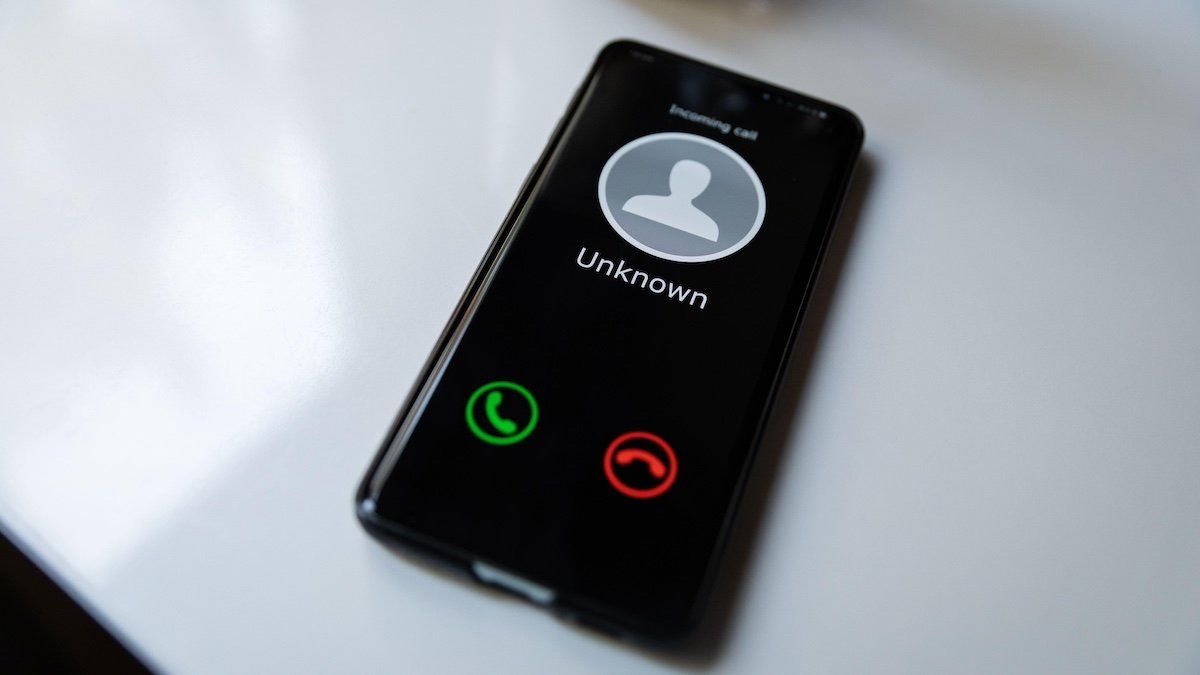February 06, 2024
Ahead of the New Hampshire presidential primary, many voters got a suspicious robocall from Joe Biden urging them not to vote. Perhaps unsurprisingly, it was an AI-generated version of his voice custom made to confuse voters.
Now, the Federal Communications Commission wants to make AI-generated voice-cloning calls illegal under the Telephone Consumer Protection Act.
“AI-generated voice cloning and images are already sowing confusion by tricking consumers into thinking scams and frauds are legitimate,” FCC chairwoman Jessica Rosenworcel wrote in a statement. “We could all be a target of these faked calls,” she warned.
While AI has been used to make images and videos used in political advertising this election cycle, deepfake voices — especially over telephone — are arguably tougher to detect. Everyone sounds a little weird over the phone, right?
The FCC, wanting to act promptly amid primaries and before this November’s election, is set to vote on the proposed rule change in the coming weeks.
From Your Site Articles
More For You
- YouTube
In this Quick Take, Ian Bremmer addresses the killing of Alex Pretti at a protest in Minneapolis, calling it “a tipping point” in America’s increasingly volatile politics.
Most Popular
- YouTube
Who decides the boundaries for artificial intelligence, and how do governments ensure public trust? Speaking at the 2026 World Economic Forum in Davos, Arancha González Laya, Dean of the Paris School of International Affairs and former Foreign Minister of Spain, emphasized the importance of clear regulations to maintain trust in technology.
- YouTube
Will AI change the balance of power in the world? At the 2026 World Economic Forum in Davos, Ian Bremmer addresses how artificial intelligence could redefine global politics, human behavior, and societal stability.
Ian Bremmer sits down with Finland’s President Alexander Stubb and the IMF’s Kristalina Georgieva on the sidelines of the World Economic Forum to discuss President Trump’s Greenland threats, the state of the global economy, and the future of the transatlantic relationship.
© 2025 GZERO Media. All Rights Reserved | A Eurasia Group media company.
